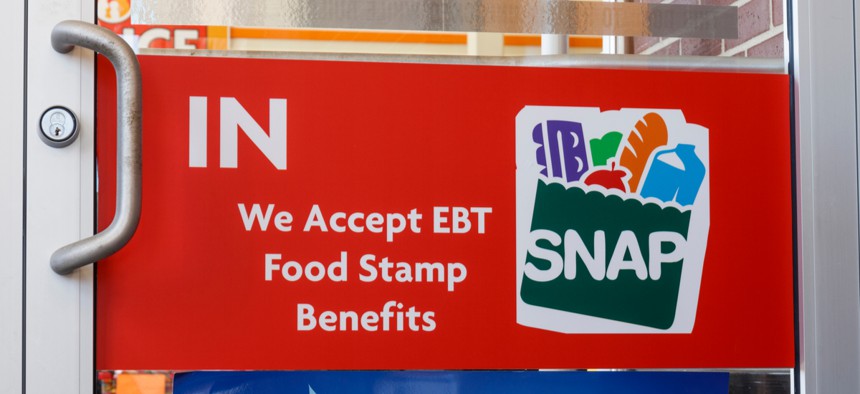GSA Offers Techniques for Quickly Coding Policy Changes

Jonathan Weiss/Shutterstock.com
Coders from the General Services Administration offer examples for how agencies can turn administration policy into digital computer code.
Policy changes can only serve citizens and improve lives at the speed at which potentially-complex policy language can be coded into the federal government’s digital service delivery systems.
With that in mind, members of GSA’s 18F tech wing released a sort of case study for how its coders implemented changes in the Agriculture Department’s Supplemental Nutrition Assistance Program.
In a blog post May 12, 18Fers explained how they created an experimental prototype model of SNAP eligibility, focused primarily on the financial aspects of eligibility, which differ between states.
“When SNAP’s eligibility policy changed in response to the current crisis, this provided an opportunity to test the value of our approach,” the post states. “We decided to challenge ourselves and see how quickly we could add this new rule to our prototype. We found that we could add the rule in a single morning. Of course, it’s much easier to change a rule in a lightweight, low-stakes prototype than in a production Integrated Eligibility System responsible for real-world SNAP determinations. This example, however, still demonstrates how rapid the implementation of new, important policy changes could be.”
GSA’s SNAP eligibility prototype followed an open-source approach, built as an application programming interface, or API, “meant to be used by other programs.”
According to the post, 18Fers' approach to coding policy changes involves using open source so “anyone can double-check our work, raise issues or questions with our modeling and help us keep it up-to-date.”
In addition, the code uses automated tests, so coders “can push new policies and rules with extra confidence, reduced risk and built-in quality control.” Finally, the blog post states the approach was “API-driven,” so that multiple applications could benefit from a single rules update, “helping implement a new policy or rule quickly across an entire ecosystem.”






